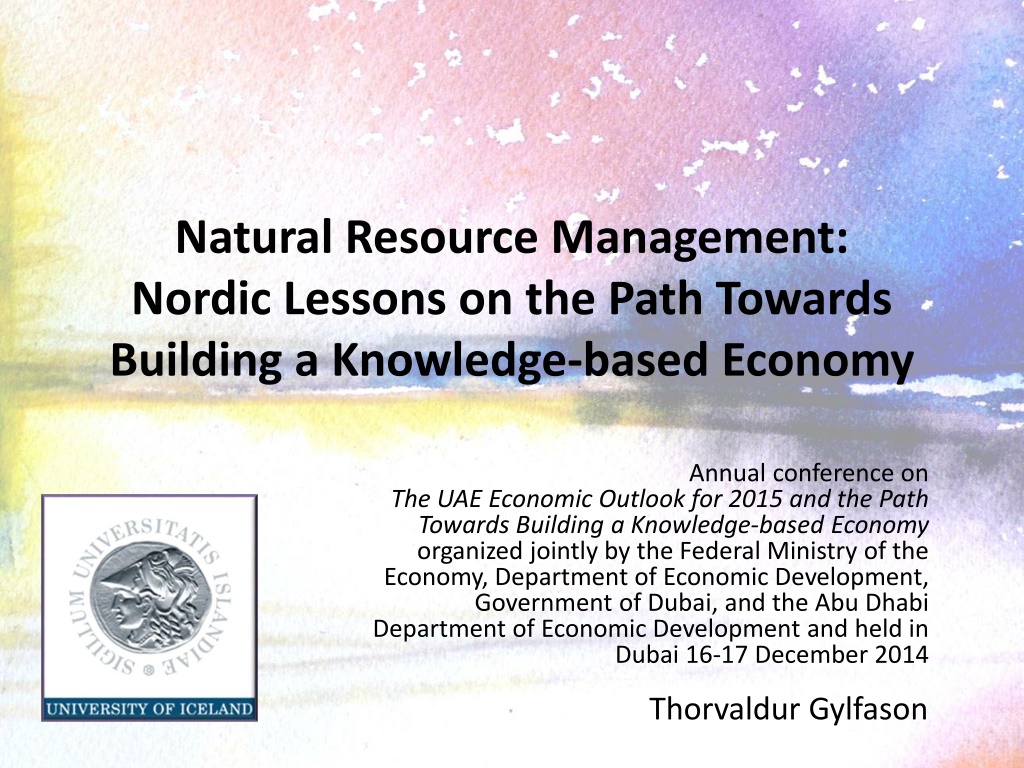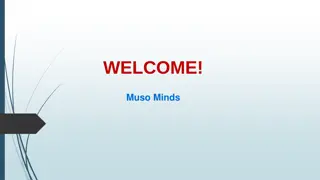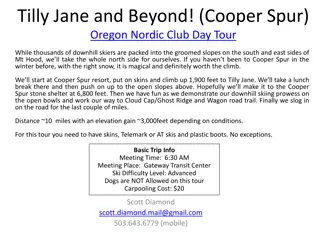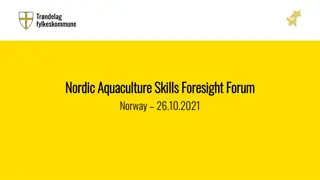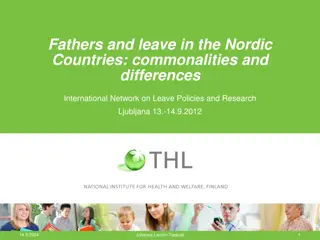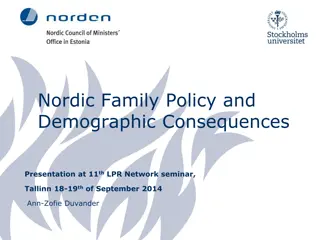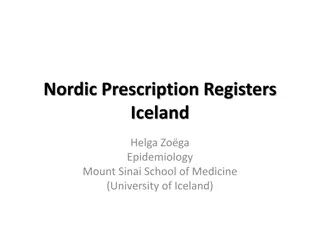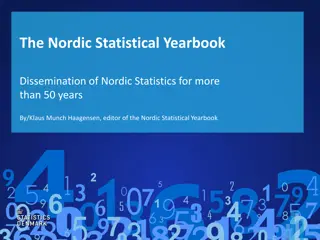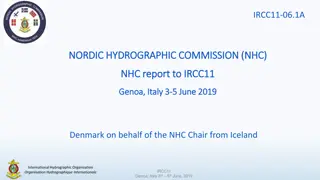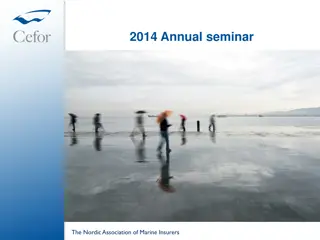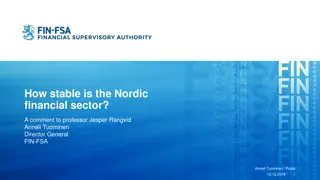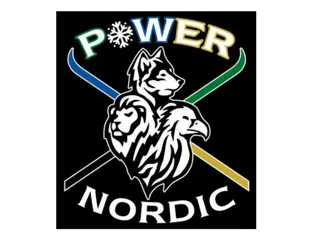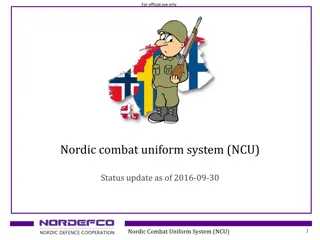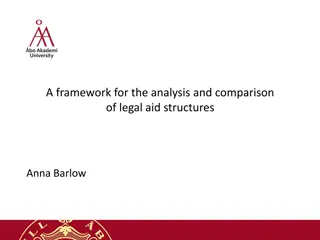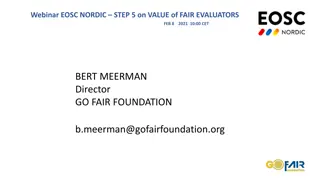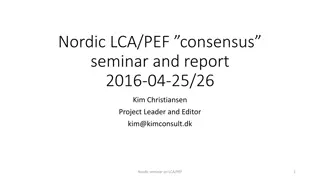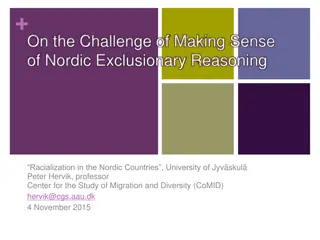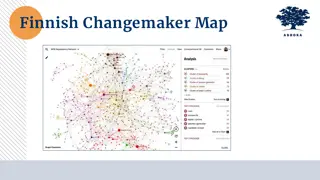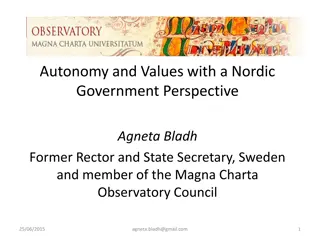Nordic Lessons on Building a Knowledge-based Economy
The Nordic countries, including Finland, Iceland, Norway, and Sweden, offer valuable insights into leveraging natural resources for economic growth by focusing on human capital development and diversification strategies. This approach has enabled them to transition from resource dependency to building a knowledge-based economy, emphasizing the importance of economic and political diversification. The evidence presented underscores the correlation between democracy, economic diversification, and growth, showcasing the progress made in different regions towards establishing democratic systems.
Download Presentation

Please find below an Image/Link to download the presentation.
The content on the website is provided AS IS for your information and personal use only. It may not be sold, licensed, or shared on other websites without obtaining consent from the author.If you encounter any issues during the download, it is possible that the publisher has removed the file from their server.
You are allowed to download the files provided on this website for personal or commercial use, subject to the condition that they are used lawfully. All files are the property of their respective owners.
The content on the website is provided AS IS for your information and personal use only. It may not be sold, licensed, or shared on other websites without obtaining consent from the author.
E N D
Presentation Transcript
Natural Resource Management: Nordic Lessons on the Path Towards Building a Knowledge-based Economy Annual conference on The UAE Economic Outlook for 2015 and the Path Towards Building a Knowledge-based Economy organized jointly by the Federal Ministry of the Economy, Department of Economic Development, Government of Dubai, and the Abu Dhabi Department of Economic Development and held in Dubai 16-17 December 2014 Thorvaldur Gylfason
Natural Resources in Nordic Countries Finland, Iceland, Norway, and Sweden have all benefited from their natural resources Finland and Sweden outgrew their dependence on natural resources Norway has managed its oil exceptionally well Yet, what made the Nordics rich was not so much their natural resources as their use of human capital to harness their natural wealth Need to diversify by converting natural resources into human resources and social capital
Nordics Benefited from Double Diversity Economic diversification (acquired) Spurs growth by attracting economic activity from excessive reliance on primary production in agriculture or natural-resource-based industries Political diversification (inherited from past) Spurs growth by redistributing political power from narrowly based ruling elites to the people, often replacing an extended monopoly of power by democracy, encouraging widely shared education Two sides of same coin: Diversity pays
Evidence: From Economic and Political Diversification to Growth From Diversification to Growth From Democracy to Growth 12 12 Log of GNI per capita 2012 (USD, ppp) 11 11 10 10 9 9 8 8 7 7 y = 0.0271x + 7.8447 R = 0.3362 y = 0.1194x + 8.7105 R = 0.3064 6 6 5 5 0 20 40 60 80 100 -10 -8 -6 -4 -2 0 2 4 6 8 10 Manufactures exports 1962-2012 (% of total) Democracy 1960-2012 (from -10 to 10)
Progress of Democracy Europe 1943: Five democracies Now: Full house Africa 1960-1990: Five or less democracies Now: 17 democracies South America (Spanish or Portuguese) 1961: Three democracies out of ten Now: Eight out of ten
Progress of Diversification 80 Manufactures exports (% of total) 1974 70 2010-2012 60 50 40 30 20 10 0 Arab World Middle East & North Africa (all income levels) World Source: World Bank, World Development Indicators.
Photograph:Vladimir Putin, 2005. The Risks Are Real Rent seeking often results in conflict, corruption, economic stagnation, oppression, lack of democracy Dutch disease through overvalued and volatile currencies tends to stifle exports like undervalued currencies simulate exports (e.g., China) False sense of security breeds neglect of human resources and social capital via education and institution building, including governance and democracy
Democracy and Good Governance Norway was a fully fledged democracy long before its oil discoveries Oil wealth has never been a source of conflict between haves and have-nots Norway has no oligarchs Norway s Ten oil commandments lay down ethical guidelines for oil wealth management Good governance can be an effective remedy against rent seeking
Sovereign Wealth Fund From day one, Norway s oil and gas reserves were defined by law as common property resources, clearly establishing the legal rights of the Norwegian people to the resource rents On this legal basis, government has absorbed about 80% of the resource rent over the years Oil Fund (Pension Fund): USD 850 billion Managed by independent Central Bank Norway resisted temptation to use too much of its oil wealth to meet current needs
Step by Step No one-size-fits-all blueprint is available to guide resource-rich countries to a sustainable path of successful economic diversification toward a knowledge-based economy No blueprint exists for sequencing of actions Better, perhaps, to seek path of least resistance and climb the ladder rim by rim Trade and infrastructure in UAE: State of the art Need to boost education and institution building School life expectancy: UAE 13 years vs. Norway 17 years THE END
